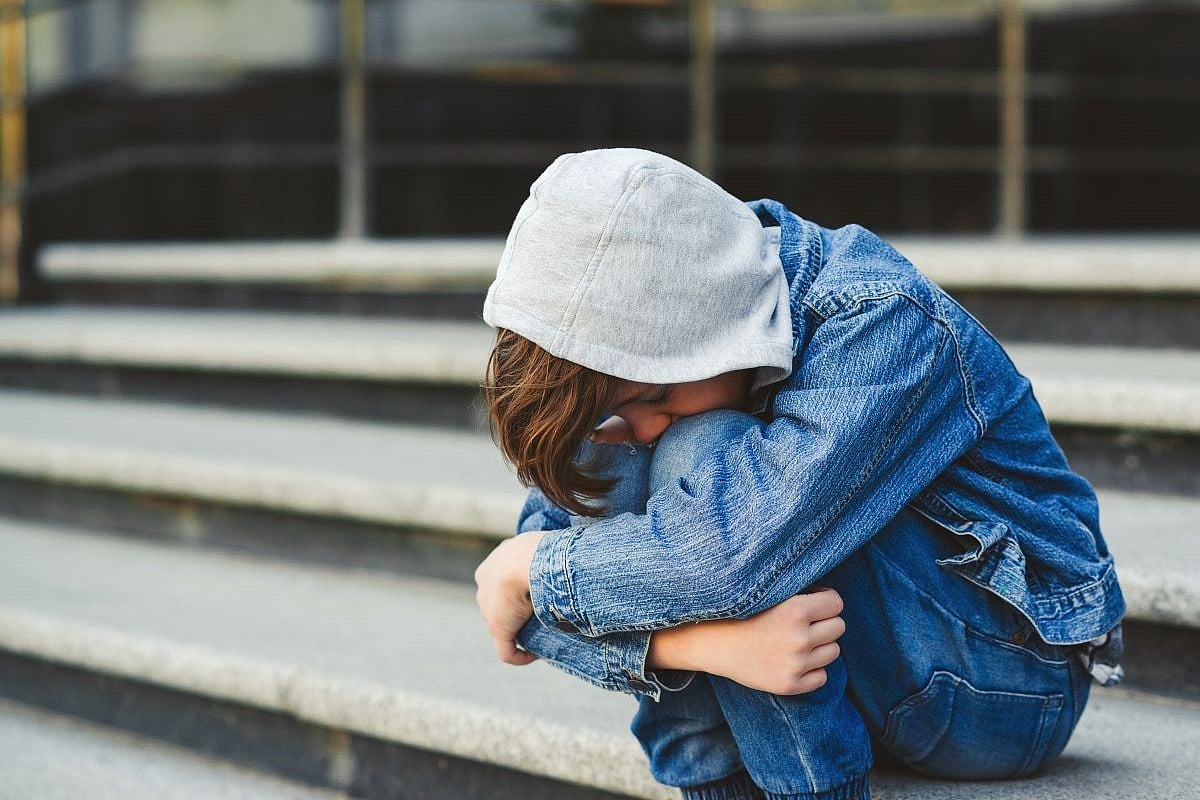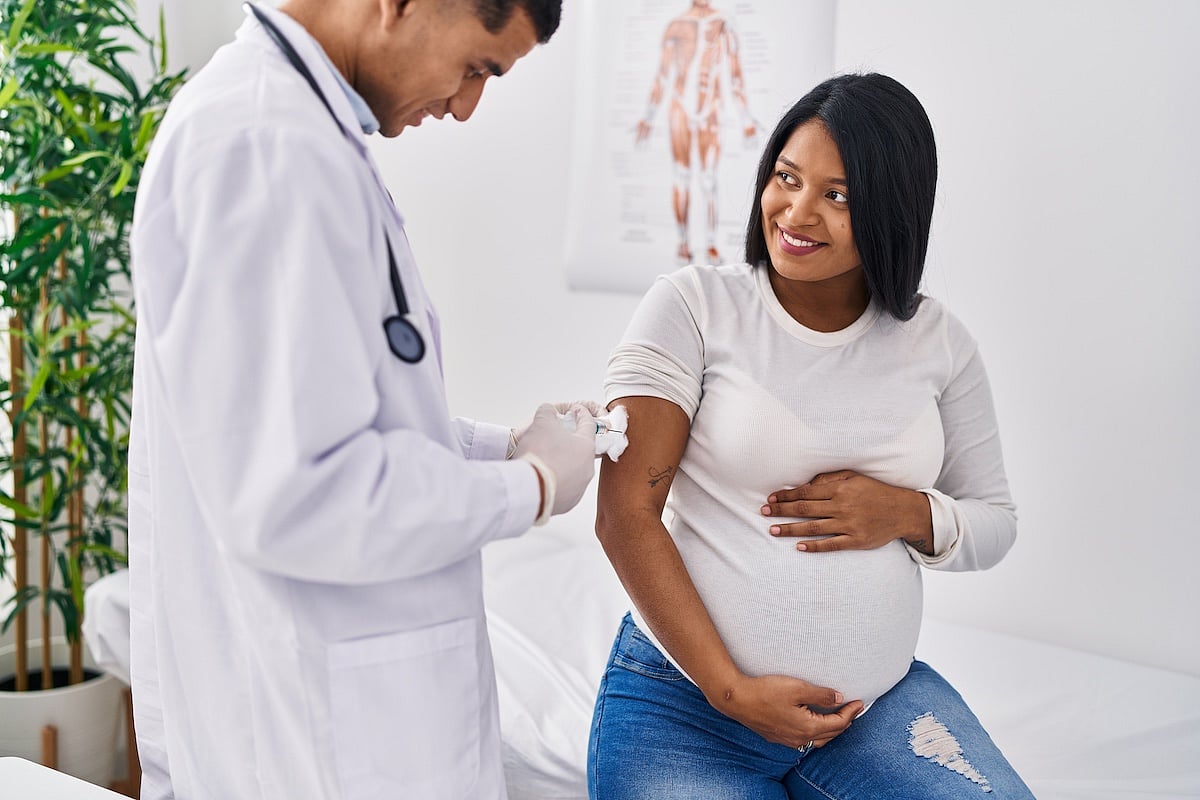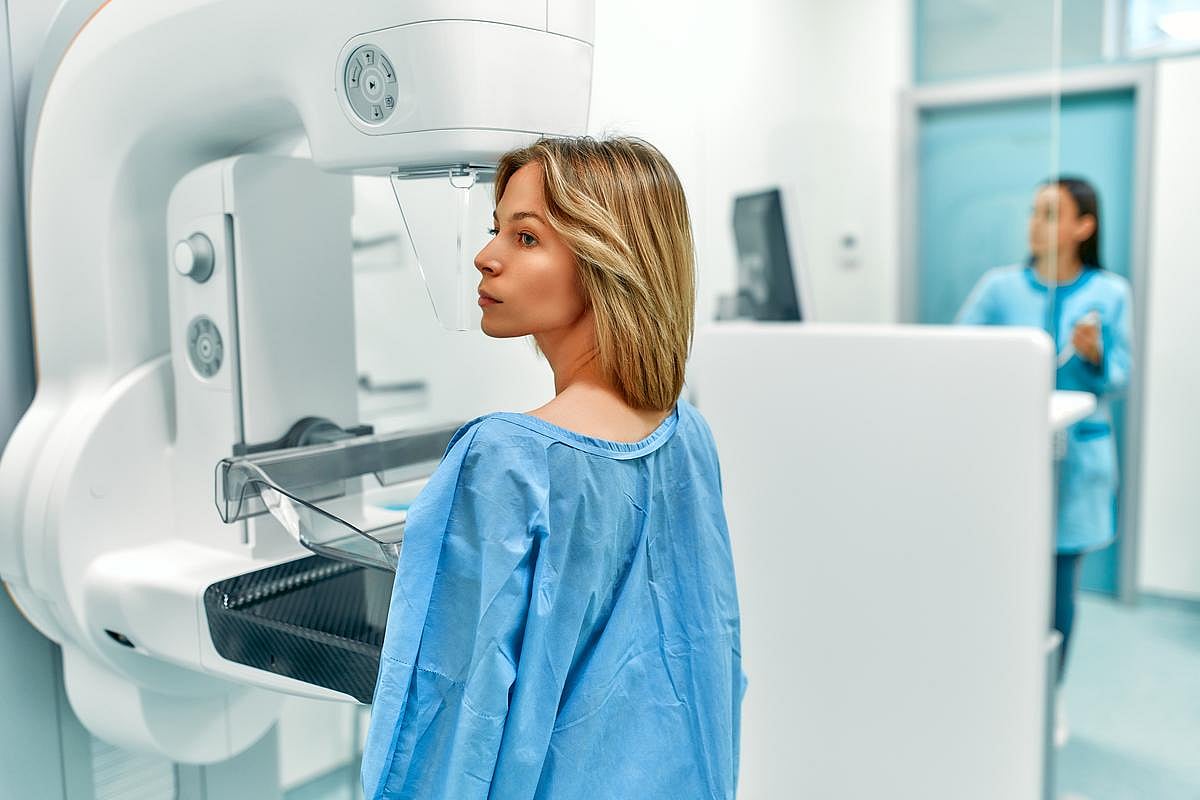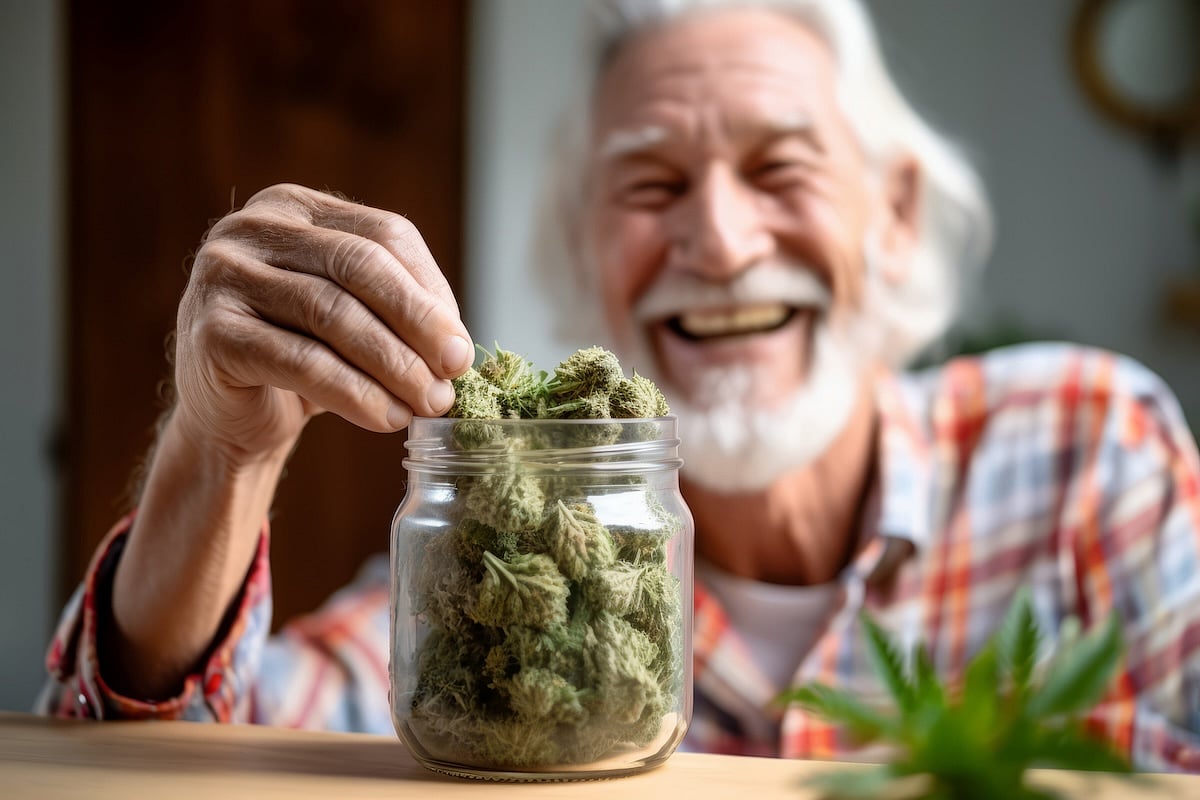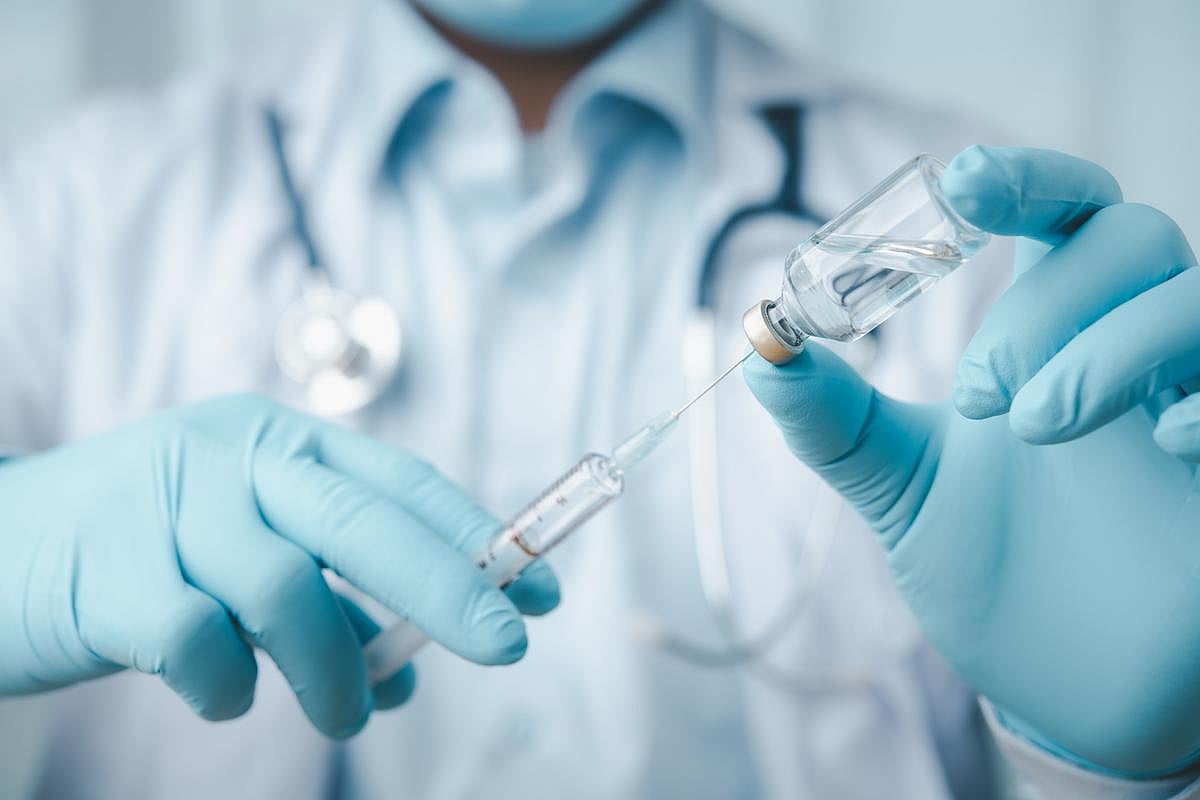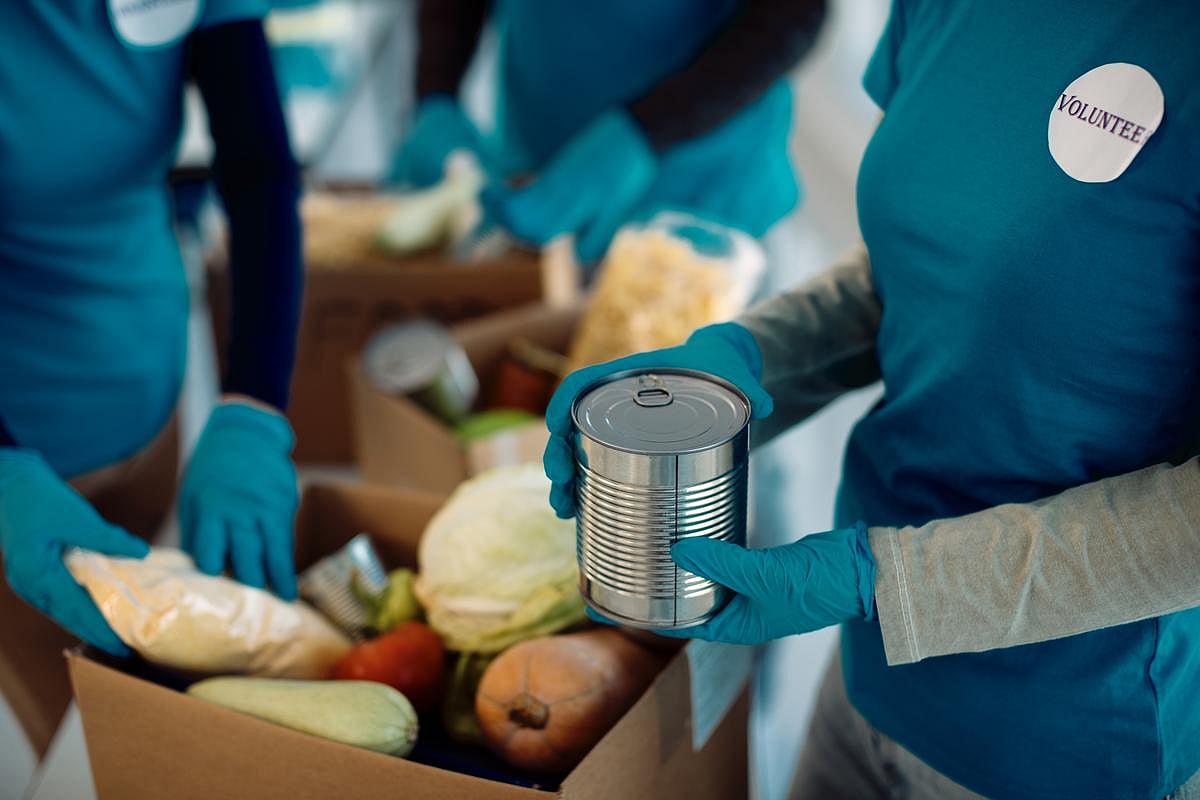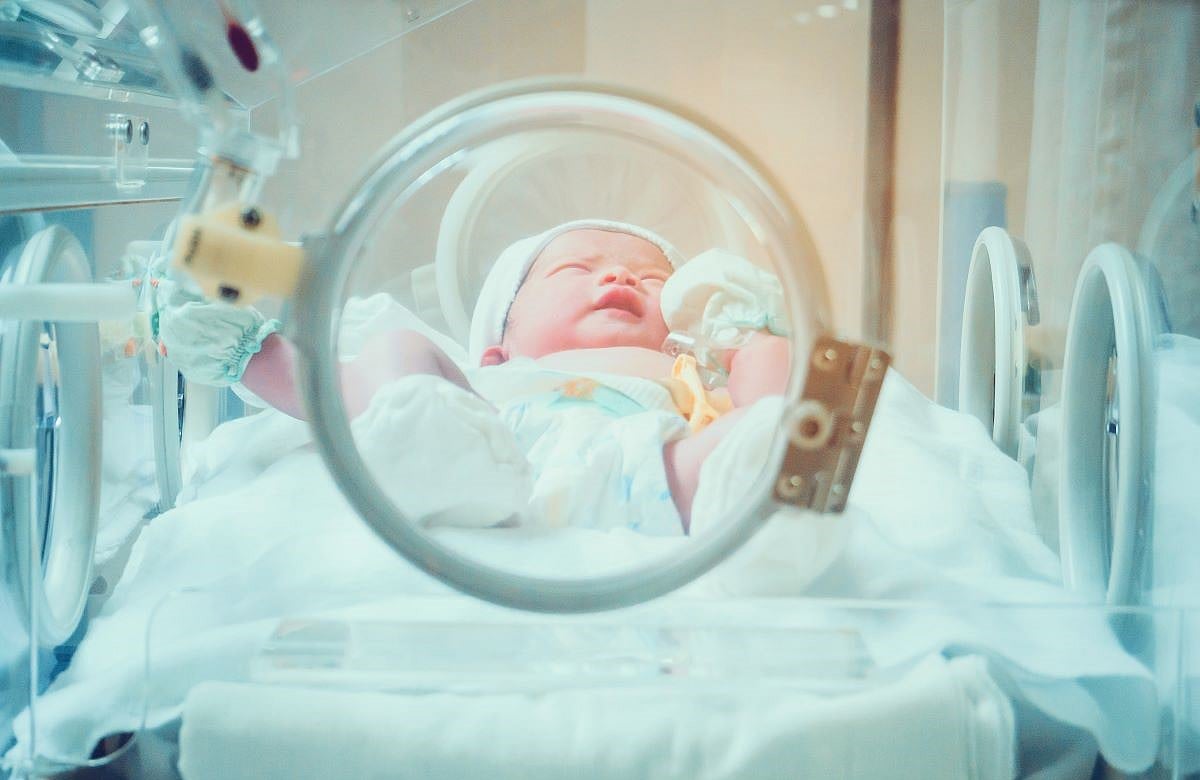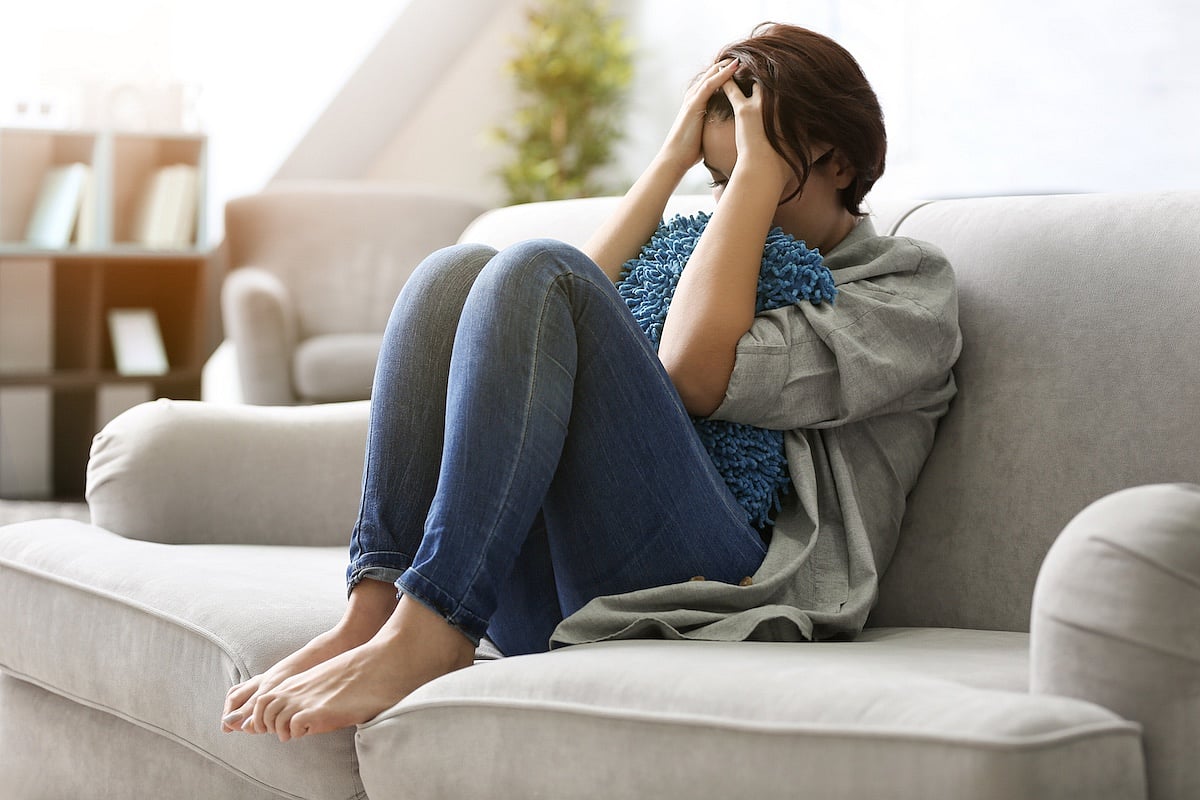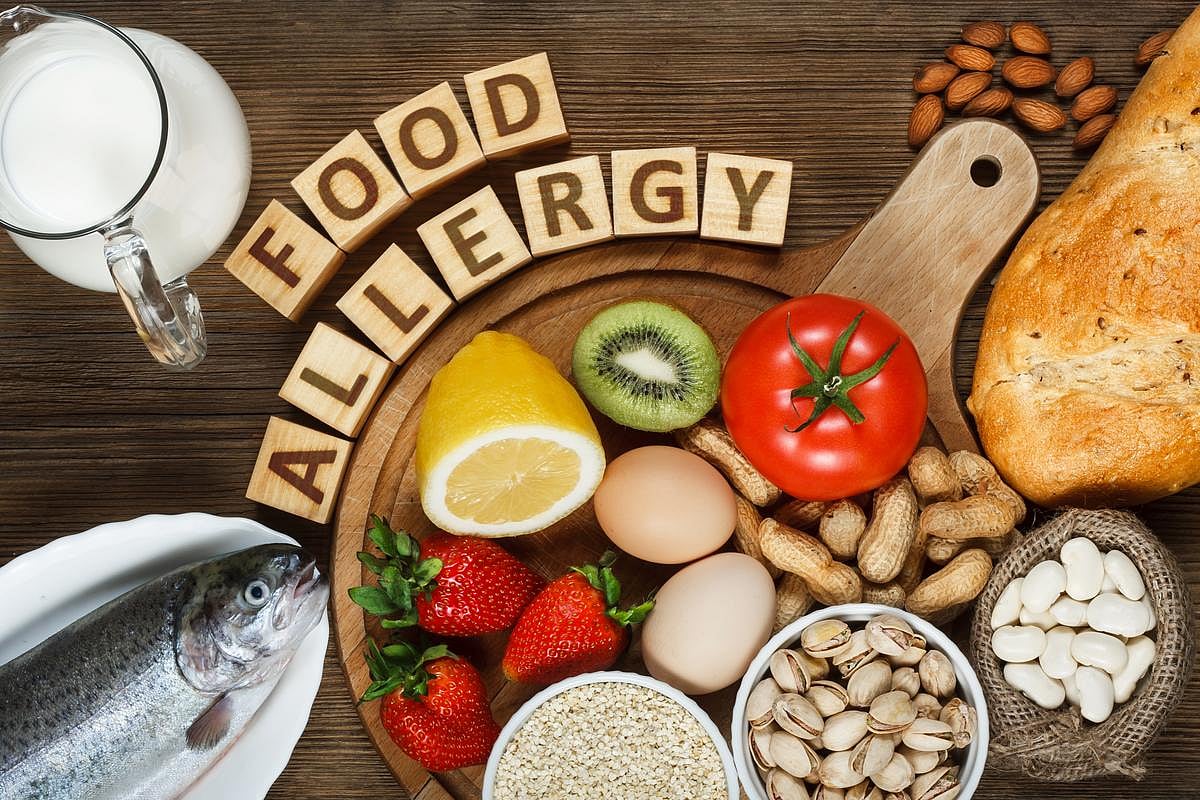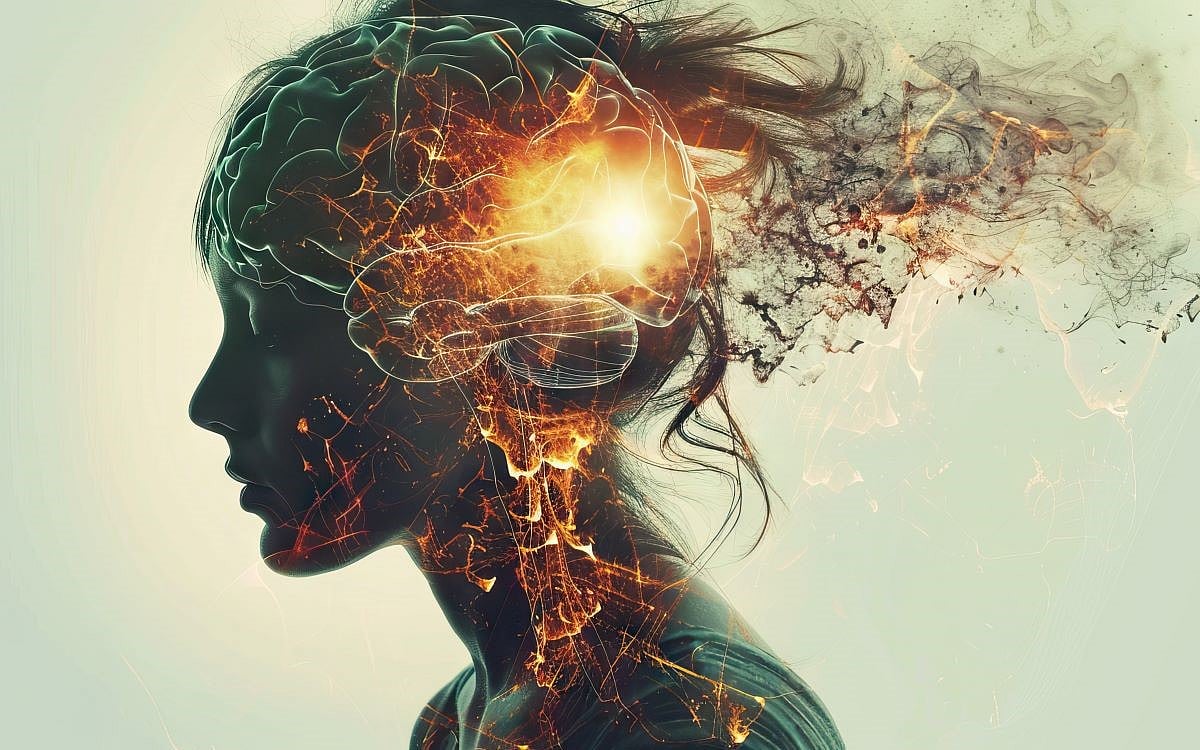Get Healthy!
Staying informed is also a great way to stay healthy. Keep up-to-date with all the latest health news here.
16 Dec
Is Tamoxifen Alone a Viable Option for Women with Low-Risk DCIS Breast Cancer?
In a new study, women with very early-stage DCIS breast cancer taking tamoxifen alone had higher recurrence rates than researchers expected. But they say the incidence of invasive breast cancer was still low at 5 years, suggesting tamoxifen alone may be an option in “carefully selected patients.”
15 Dec
Uterine Fibroids May Signal Heart Trouble, Major Study Finds
In a new study, women with uterine fibroids had an 81% higher risk of suffering a heart attack, stroke or other major cardiovascular event within 10 years.
12 Dec
New Study: Acupuncture Shows Real Promise for Cancer ‘Brain Fog’
A new study finds acupuncture may help breast cancer survivors struggling with attention, memory and other cognitive problems.
I. Edwards HealthDay Reporter December 16, 2025
Recall Issued for Breaded Chicken After Major Allergen Left Off Label
Georgia-based Suzanna’s Kitchen is recalling about 62,550 pounds of fully cooked, bone-in breaded chicken because the label does not list soy, a common food allergen.
The recall involves eight-piece cut, bone-in breaded chicken portions made on Oct. 16, 2025, according to the U.S. Department of Agriculture’s Food Safety and Ins... Full Page
I. Edwards HealthDay Reporter December 16, 2025
Most U.S. Teens Use YouTube and TikTok Daily, Pew Finds
Scrolling is still a big part of daily life for American teenagers, despite mounting worries about screen time and mental health.
A new report from the Pew Research Center found that most teens in the U.S. use YouTube and TikTok every day, and about 1 in 5 say they’re on one of those platforms almost constantly.
The su... Full Page
I. Edwards HealthDay Reporter December 16, 2025
No Fluoride in Your Water? How to Protect Kids’ Teeth
For decades, fluoride in drinking water has helped protect kids’ teeth from cavities. But as some states move away from adding fluoride to public water, dentists say parents may need to take extra steps to keep children’s pearly whites healthy.
States such as Utah and Florida have stopped adding fluoride to public water, raisin... Full Page
I. Edwards HealthDay Reporter December 16, 2025
Most Americans Are Happy With Health Insurance, Poll Finds
Most folks in the United States are happy with their health insurance, according to a new national poll, but many still struggle with denied claims, delays and rising costs.
The poll, conducted by NBC News Decision Desk and SurveyMonkey, found 82% of U.S. adults satisfied with their health insurance overall. About 1 in 3 said they... Full Page
Dennis Thompson HealthDay Reporter December 16, 2025
Childhood Behavioral Problems Are Straining Family Finances, Experts Say
Kids’ behavioral problems account for a growing chunk of their health care costs, a new study says.
Mental health, substance use and other behavioral health care made up about 40% of all health expenditures for U.S. children in 2022, nearly twice as much as in 2011, according to findings published Dec. 15 in JAMA Pediatrics.... Full Page
Dennis Thompson HealthDay Reporter December 16, 2025
Love Can Help The Heart Heal, Evidence Says
Hearts are often associated with love, especially around Valentine’s Day.
That’s more relevant than you might think, a new evidence review says.
The support of a beloved partner can dramatically improve recovery for people who’ve had a heart attack, heart failure or other heart-related emergency, researchers reporte... Full Page
Dennis Thompson HealthDay Reporter December 16, 2025
COVID Vaccine During Pregnancy Reduces Risk Of Preterm Birth
Pregnant women who get the COVID-19 vaccine are less likely to have a preterm birth, a new study says.
Vaccination was also strongly associated with lower risk of hospitalization or intensive care treatment among expecting mothers, researchers reported Dec. 15 in the Journal of the American Medical Association.
“Our fi... Full Page
Dennis Thompson HealthDay Reporter December 16, 2025
Risk-Based Breast Cancer Screening Outperforms Annual Mammograms, Clinical Trial Finds
Tailoring breast cancer screening to a woman’s individual cancer risk might work better than annual mammograms, a new study says.
Women had breast cancers caught at an earlier, more treatable stage when assigned to risk-based screening, compared to those who got annual mammograms regardless of personal risk, researchers reported Dec.... Full Page
Dennis Thompson HealthDay Reporter December 16, 2025
Dad, Grandpa Might Be Taking A Dangerous Risk While Stoned, Survey Finds
Efforts to stop weed-impaired driving are ignoring the traffic risk posed by a stoned dad or grandpa, a new study says.
About 1 out of 5 (20%) people 50 and older who use weed reported they’d driven while high at least once during the past year, researchers report in the January 2026 issue of the journal Drug and Alcohol Dependen... Full Page
Dennis Thompson HealthDay Reporter December 16, 2025
Smartwatch System Helps Defuse Children's Temper Tantrums, Experts Say
Parents can better defuse their kids’ temper tantrums with the help of AI-powered smartwatch monitoring, a new study says.
Smartwatch alerts of an impending tantrum helped parents swoop in within seconds, cutting by more than half the duration of outbursts by young children, researchers reported Dec. 15 in JAMA Network Open.... Full Page
I. Edwards HealthDay Reporter December 15, 2025
Large Review Finds Limited Proof Behind Many Medical Cannabis Uses
Medical marijuana is often seen as a safer, natural way to ease pain, anxiety or sleep issues. But a large new review suggests that for many of these uses, the science simply isn’t there.
It adds that a significant share of folks, roughly 30%, using cannabis for medical reasons may actually be at risk for addiction.
The review,... Full Page
I. Edwards HealthDay Reporter December 15, 2025
COVID Vaccines Cut ER Visits for Children, CDC Reports
COVID-19 vaccines given to children last fall helped keep many out of emergency rooms (ER) and urgent care, new data shows.
The U.S. Centers for Disease Control and Prevention (CDC) reported that COVID vaccines reduced the risk of ER visits by 76% in kids under age 4 and by 56% in kids ages 5 to 17 during the first six months after vaccina... Full Page
I. Edwards HealthDay Reporter December 15, 2025
FDA Approves Two New Antibiotics to Treat Drug-Resistant Gonorrhea
Doctors now have new tools to fight gonorrhea, a common sexually transmitted infection that has grown harder to treat over time.
The U.S. Food and Drug Administration (FDA) has approved two new antibiotics: Zoliflodacin and gepotidacin.
This is the first new major treatment for gonorrhea in decades.
On Friday, the FDA cleared z... Full Page
I. Edwards HealthDay Reporter December 15, 2025
FDA Weighs Strongest Black Box Warning for COVID Vaccines
The U.S. Food and Drug Administration (FDA) is considering adding the strongest safety warning available to COVID-19 vaccines.
The move has alarmed many outside health experts, who say there is no scientific basis for the warning.
People familiar with the plan told CNN the FDA is weighing whether to place a black box warning... Full Page
Dennis Thompson HealthDay Reporter December 15, 2025
Too Much Drinking Contributes To Cancer Risk, Study Says
A new evidence review offers some sobering info for folks preparing to raise more than a couple celebratory glasses during Christmas or New Year’s.
Alcohol significantly increases a person’s risk of developing a wide range of cancers, and that risk rises further as more is imbibed, researchers reported in the journal Cancer... Full Page
Dennis Thompson HealthDay Reporter December 15, 2025
Home-Delivered Food Boxes Improve Diabetes Control, Experts Say
Folks with diabetes might fare better if health care professionals pick out and deliver their groceries, a new study says.
Folks with diabetes who received home deliveries of diabetes-appropriate grocery boxes for three months had better blood sugar control by the end of the experiment, researchers reported in the December issue of the
Dennis Thompson HealthDay Reporter December 15, 2025
Doing Nothing Appears Best Approach To Common Heart Defect Among Preemies
Doing nothing at all to manage a common fetal heart defect might improve the survival odds of babies born prematurely, compared to treatment with drugs, a new clinical trial suggests.
A “wait and see” approach to patent ductus arteriosus (PDA) doubled a preemie’s chances of survival, compared with using drugs to treat the... Full Page
Dennis Thompson HealthDay Reporter December 15, 2025
Some Can Slowly Taper Off Antidepressants Without Risk Of Relapse, Review Concludes
It’s safe to slowly taper some people off antidepressants after their depression fades, rather than continuing the drugs indefinitely, a new evidence review says.
People who slowly tapered off antidepressants while receiving psychological counseling had a similar risk of relapse to those who kept taking the drugs with or without ther... Full Page
Dennis Thompson HealthDay Reporter December 15, 2025
Mothers' Milk Might Be Key To Avoiding Childhood Food Allergies
Farm kids tend to have far fewer allergies than urban children, and a new study offers one possible explanation: The milk provided by breastfeeding moms.
Children who grow up in farming communities have immune systems that mature faster, with higher levels of protective antibodies during their first year of life, researchers reported Dec. ... Full Page
Dennis Thompson HealthDay Reporter December 15, 2025
Most Receive Shock Therapy Without Psychological Counseling, Survey Says
Most people receiving shock therapy for mental health problems aren’t receiving any sort of psychological counseling before having their brains zapped, a new study says.
Only a third of patients said they’d been asked about recent stressful events or childhood traumas like abuse or neglect before being given electroconvul... Full Page



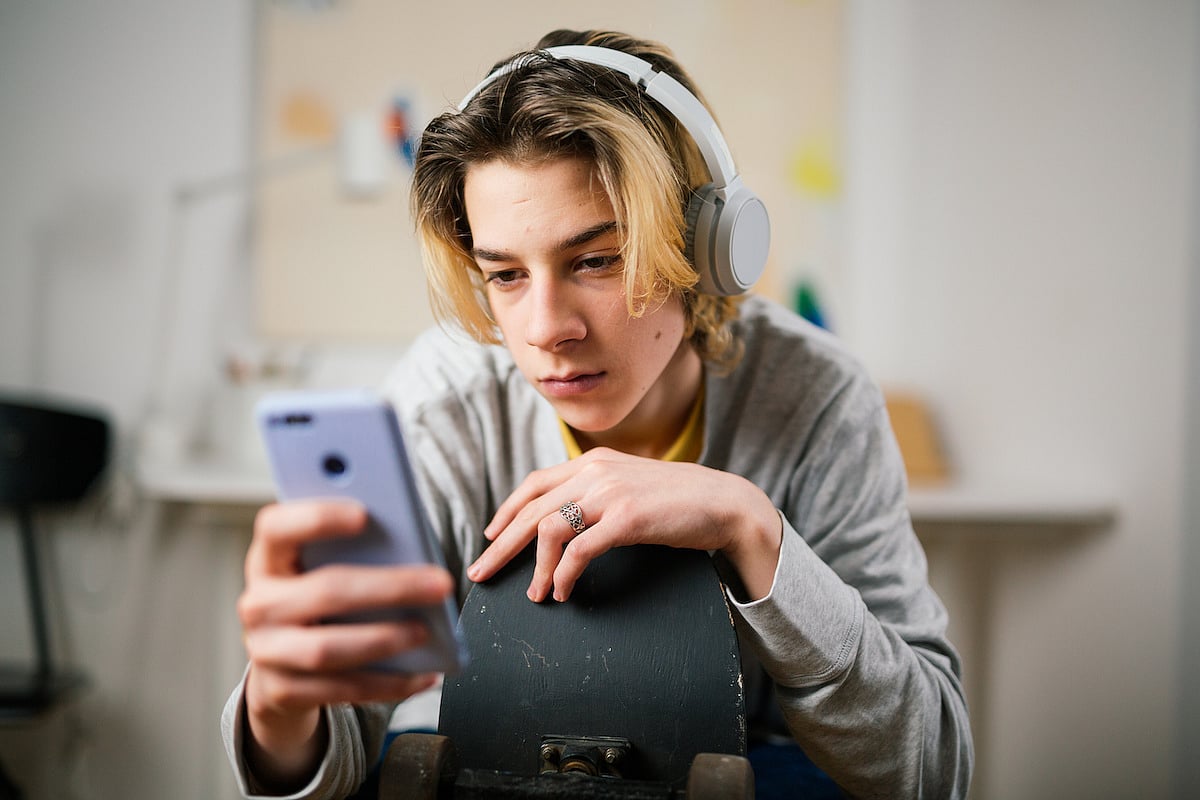
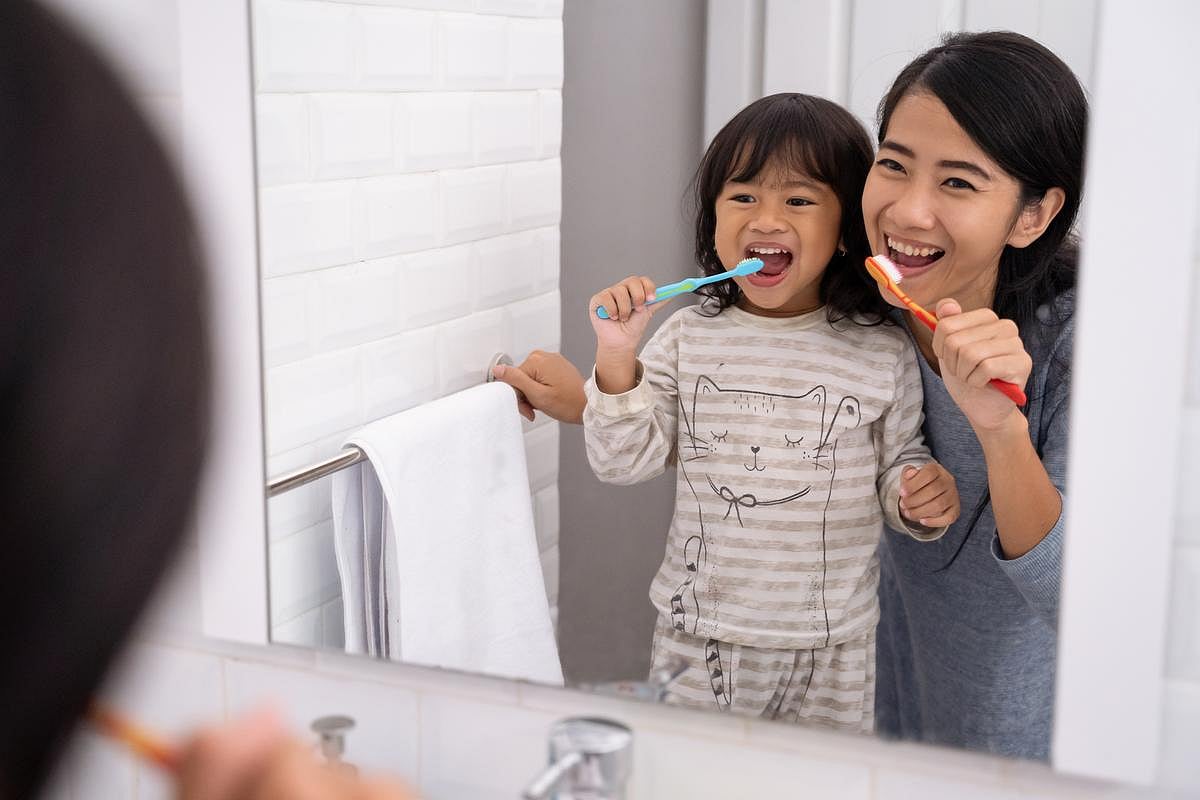
.jpg?w=1920&h=1080&mode=crop&crop=focalpoint)
